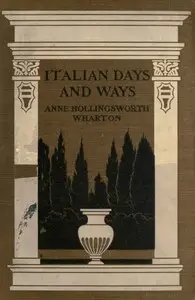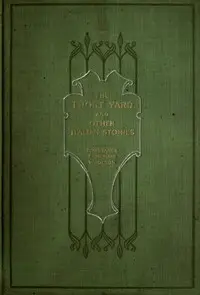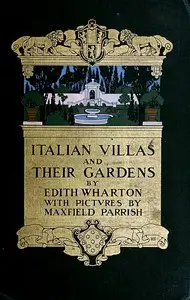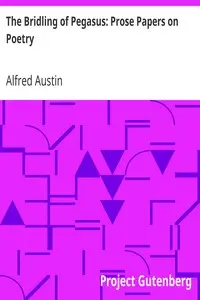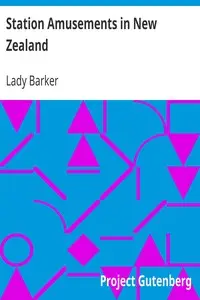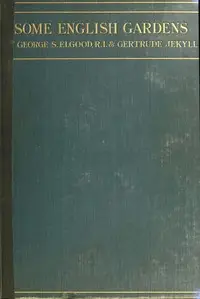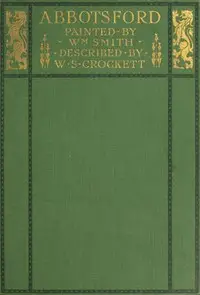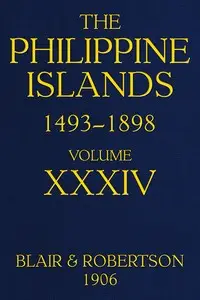"Lamia's Winter-Quarters" by Alfred Austin tells the story of Lamia, Veronica, and a Poet who find themselves in the beautiful region of Tuscany, Italy. They spend their days discussing everything from art and the meaning of life to the wonders of nature. Lamia, with her engaging personality, leads many of these conversations, sharing her love for the gorgeous scenery around them. The characters share their thoughts on beauty, how the past affects the present, and the simple pleasures of nature compared to the artificiality of modern life. The stunning Italian landscape plays a significant role, enhancing the characters' emotions and deepening their understanding of each other as they experience this enchanting place together.
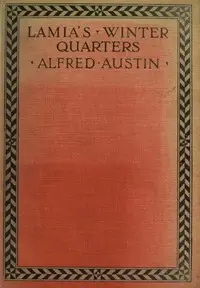
Lamia's Winter-Quarters
By Alfred Austin
In the heart of Italy, three companions debate art and life against a backdrop of inspiring beauty.
Summary
About the AuthorAlfred Austin was an English poet who was appointed Poet Laureate in 1896, after an interval following the death of Tennyson, when the other candidates had either caused controversy or refused the honour. It was claimed that he was being rewarded for his support for the Conservative leader Lord Salisbury in the General Election of 1895. Austin's poems are little remembered today, his most popular work being prose idylls celebrating nature. Wilfred Scawen Blunt wrote of him, “He is an acute and ready reasoner, and is well read in theology and science. It is strange his poetry should be such poor stuff, and stranger still that he should imagine it immortal.”
Alfred Austin was an English poet who was appointed Poet Laureate in 1896, after an interval following the death of Tennyson, when the other candidates had either caused controversy or refused the honour. It was claimed that he was being rewarded for his support for the Conservative leader Lord Salisbury in the General Election of 1895. Austin's poems are little remembered today, his most popular work being prose idylls celebrating nature. Wilfred Scawen Blunt wrote of him, “He is an acute and ready reasoner, and is well read in theology and science. It is strange his poetry should be such poor stuff, and stranger still that he should imagine it immortal.”

